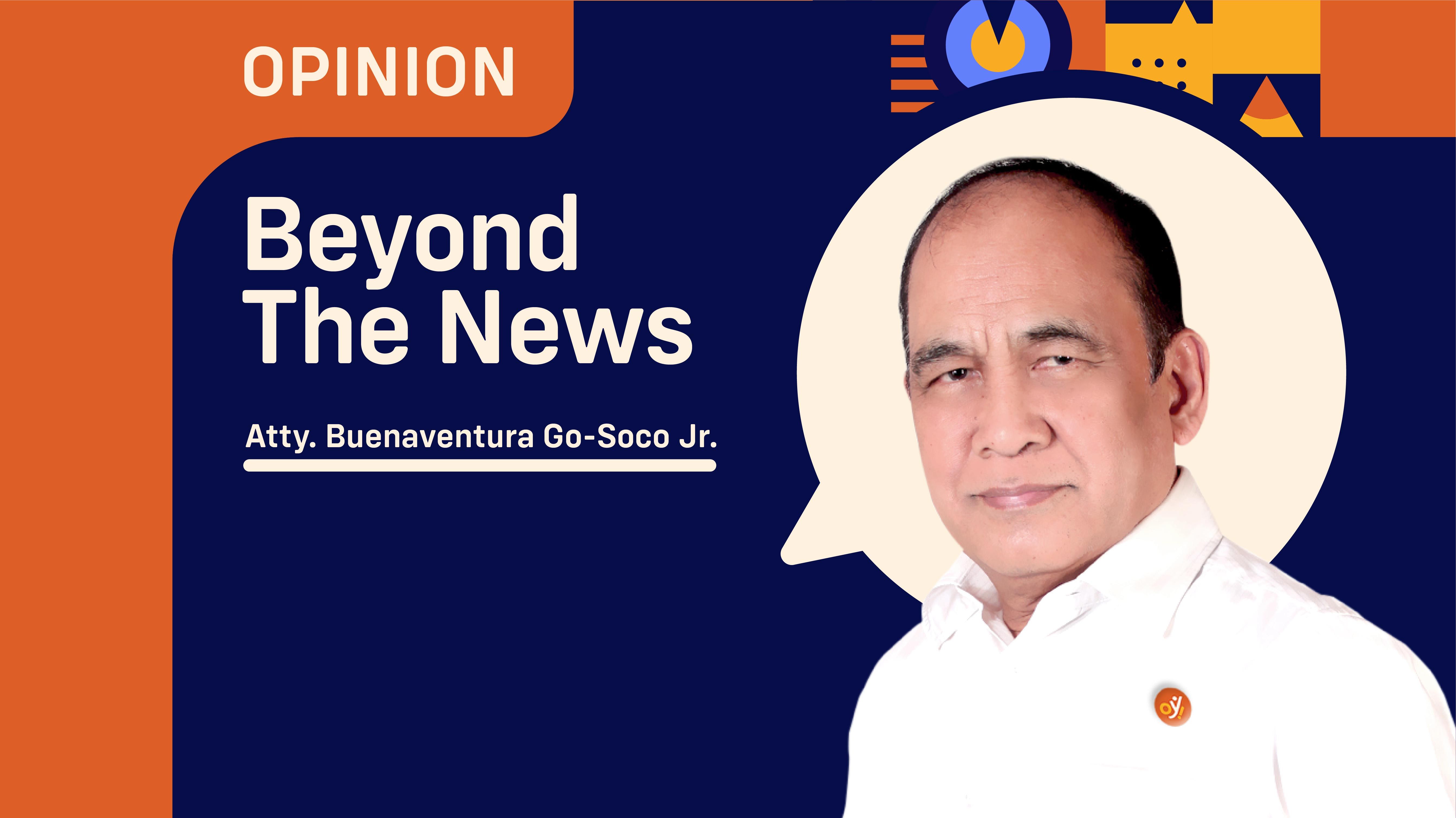“Human rights must work to uplift human dignity.” – President Rodrigo Duterte.
These words should be enough to convince doubters about the policy of the national government to uphold human rights. But this is not the case. The doubters persist. Consider the news items cited below.
Around the middle of last year, the United Nations, in a report, said that President Duterte's war on drugs in the Philippines has sparked widespread killing with "near impunity" for offenders.
It further noted that official figures show that over 8,600 people have been killed in Duterte's campaign against illegal drugs since 2016, "with some estimates putting the real toll at more than triple that number."
The allegations are astounding, to the point of being unbelievable. It said that despite the number of deaths, officers have only been convicted for the 2017 killing of 17-year-old Kian delos Santos.
The report called for an independent probe into human rights abuses in the country.
On the other side of the coin, the news agency Rappler said that President Rodrigo Duterte was now tapping the importance of human rights to justify government’s efforts against illegal drugs and terrorism.
The President during his 5th State of the Nation Address in 2020 said that the existence of these crimes should constitute as violations against human rights.
“My administration believes that freedom from illegal drugs, terrorism, corruption, and criminality is itself a human right,” Duterte said.
“Rest assured that we will not dodge our obligation to fight for human rights,” he added, after highlighting his administration’s programs for children’s rights.
Rappler continues that this apparent change in tone comes amid increased pressure from the international community and mechanisms, such the United Nations, over the alleged violent anti-illegal drug war and the anti-terror law.
At the other side of this issue, The International Criminal Court (ICC) stated in a preliminary report last year issued by Fatou Bensouda, the chief prosecutor of the ICC, that there was evidence to show crimes against humanity had been committed in the Philippines under President Rodrigo Duterte.
The Philippines officially withdrew from the ICC last year.
In a recent development, Justice Secretary Menardo Guevarra’s statement before the United Nations Human Rights Council on irregularities in the government’s drug war operations does not prove that human-rights violations were committed, Malacañang said.
According to presidential spokesperson Harry Roque, it is only proof that the government is doing its duty to investigate and prosecute alleged human-rights violations
The United Nations (UN) Human Rights Council adopted on October 7, 2020 a resolution endorsing UN support for the Philippines’ efforts to further strengthen its human rights and accountability mechanisms.
The 47-member intergovernmental body adopted unanimously a decision that recognizes the Philippines’ domestic accountability institutions to address cases of human rights violations alleged by activists and interest groups.
The Philippine News Agency reports that this is proof of the strong and open engagement of the Philippine government with the UN, and promotes the provision of technical assistance from UN agencies and international partners in work areas on rule of law, justice, law enforcement, and accountability processes, at the invitation of the government and in accordance with national priorities.
Further proof of this is The United States’ affirmation that there are "no restrictions" on arms sales to the Philippine military days after Manila called for more robust defense aid as the two nations open negotiations to renew a key military agreement
"We will continue to look for ways to further strengthen and advance security cooperation that furthers shared security challenges and respects human rights," U.S. Department of Defense spokesperson Mike Howard told Nikkei Asia.
What is at the core of the belief that the country should uphold human rights? It is no other than the Philippine Constitution, the “basic law of the land”.
Experts agree that Article III of the Philippine Constitution, the Bill of Rights establishes the relationship of the individual to the State and defines the rights of the individual by limiting the lawful powers of the State. It is one of the most important political achievements of the Filipinos.
We end this piece with these profound words:
“It is the purpose of government to see that not only the legitimate interests of the few are protected but that the welfare and rights of the many are conserved.” ― Franklin D. Roosevelt.
He served as the 32nd president of the United States from 1933 until his death in 1945.
